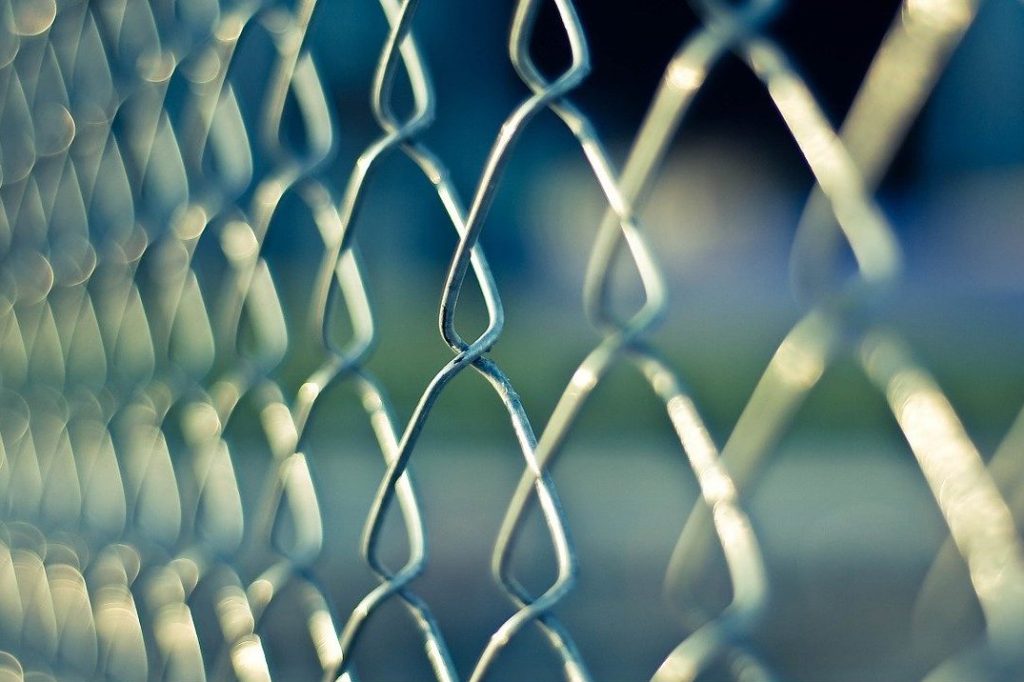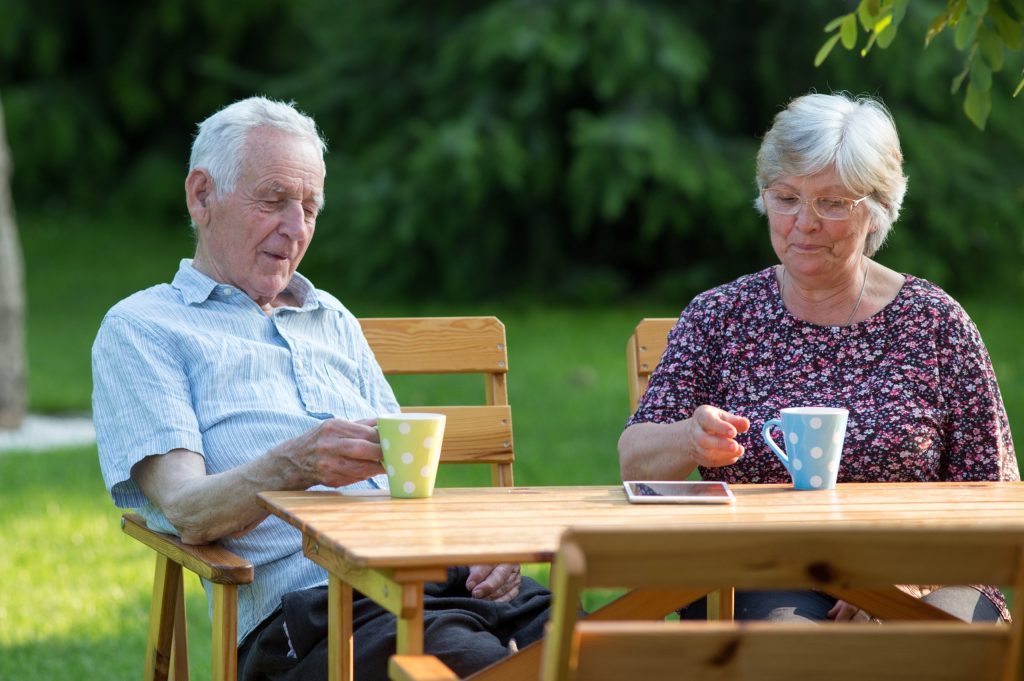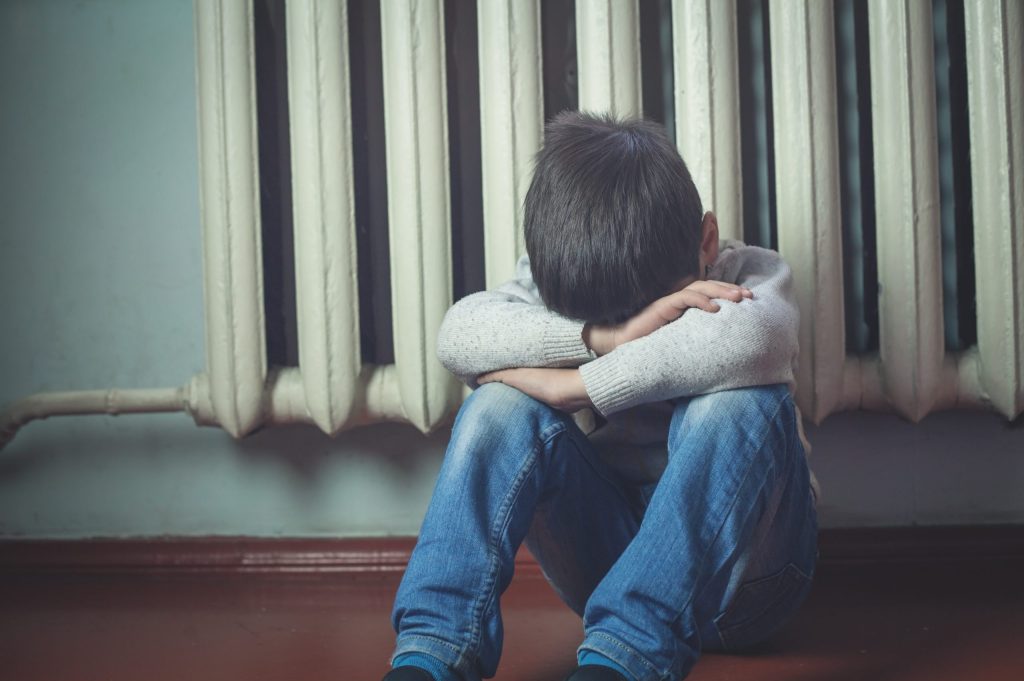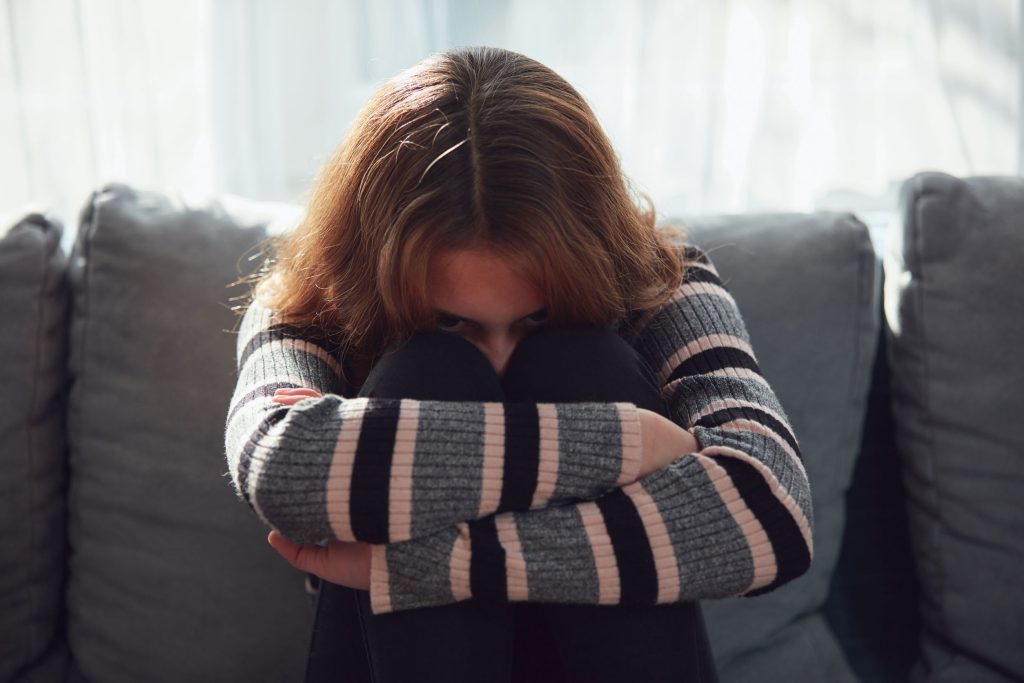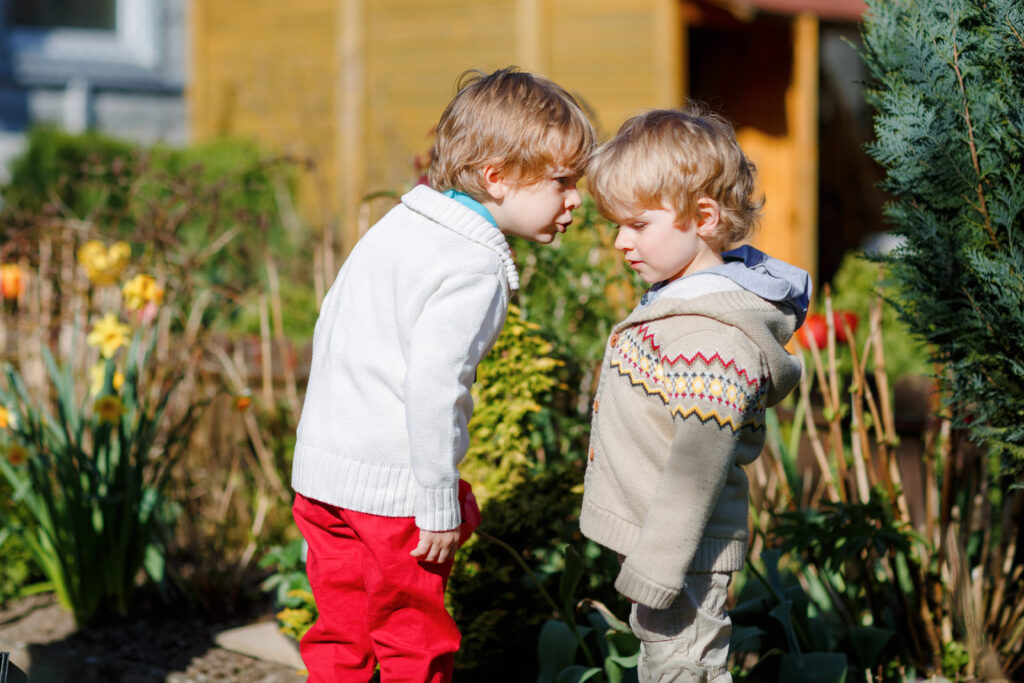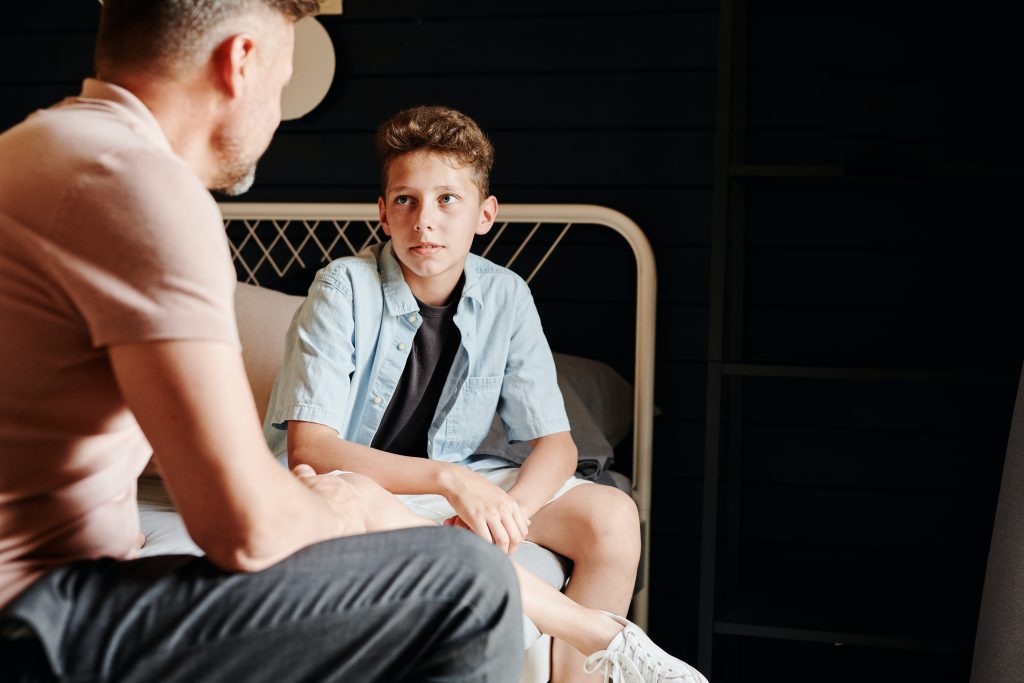
How to support your relationship in retirement
Most couples look forward to retirement, eager to spend more quality time together. Free from the constraints and pressures of work it is a chance to relax and, especially if the nest is empty, an opportunity to embrace hobbies new and old. The reality of this major life transition can, however, be very different. Couples…
/

Loss: how to help children and young people cope
Change is an inevitable and necessary part of growing up. With every change there is an element of loss, even when the changes are welcome. Whether it is the grief that comes with the loss of a favourite toy as a child or the death of a beloved grandparent, change creates difficult transitions. We are…
/

Understanding the Teenage Brain: A Short Introduction for Parents
Neuroscientists consider 25 to be the age at which the human brain becomes fully developed. Until then, they should be considered a work in progress. Which is particularly the case for the teenage brain. For generations, parents have wrestled with the conundrum that is the adolescent mind: at times growing in maturity before rapidly shifting…
/

Understanding anger for parents
Along with happiness and sadness, anger is perhaps one of the most common emotions we experience in everyday life. We all experience anger in different ways but it can often become an easy ‘go-to’ emotion for children and adolescents. By understanding anger and, in particular, what lies beneath it, parents can better support children and…
/

What makes you happy?
If you search “what makes you happy” Google will offer you roughly 2.5bn results to consider. A similar search on Amazon will offer up over 100,000 books and DVDs on the subject of being happy. On the basis of these two statistics alone, we can say with a degree of confidence that a lot of…
/

Mental health: preparing your child for university
The mental health of students at university has been making headlines for some time now and is a growing issue. Therefore, if you are a parent preparing your child for university, it is vital to consider how you can help them get ready for problems like isolation, loneliness, stress and financial worries. In this short…
/

How to teach kids good mental health at home
During Children’s Mental Health Week, it might be worth thinking about The World Health Organisation’s figures that “around 1 in 5 of the world’s children and adolescents have a mental disorder” and that “about half of mental disorders begin before the age of 14”. In context, government data suggests 10% of children and young people…
/
Need some support?
Make a counseling enquiry today and get the support you need.

